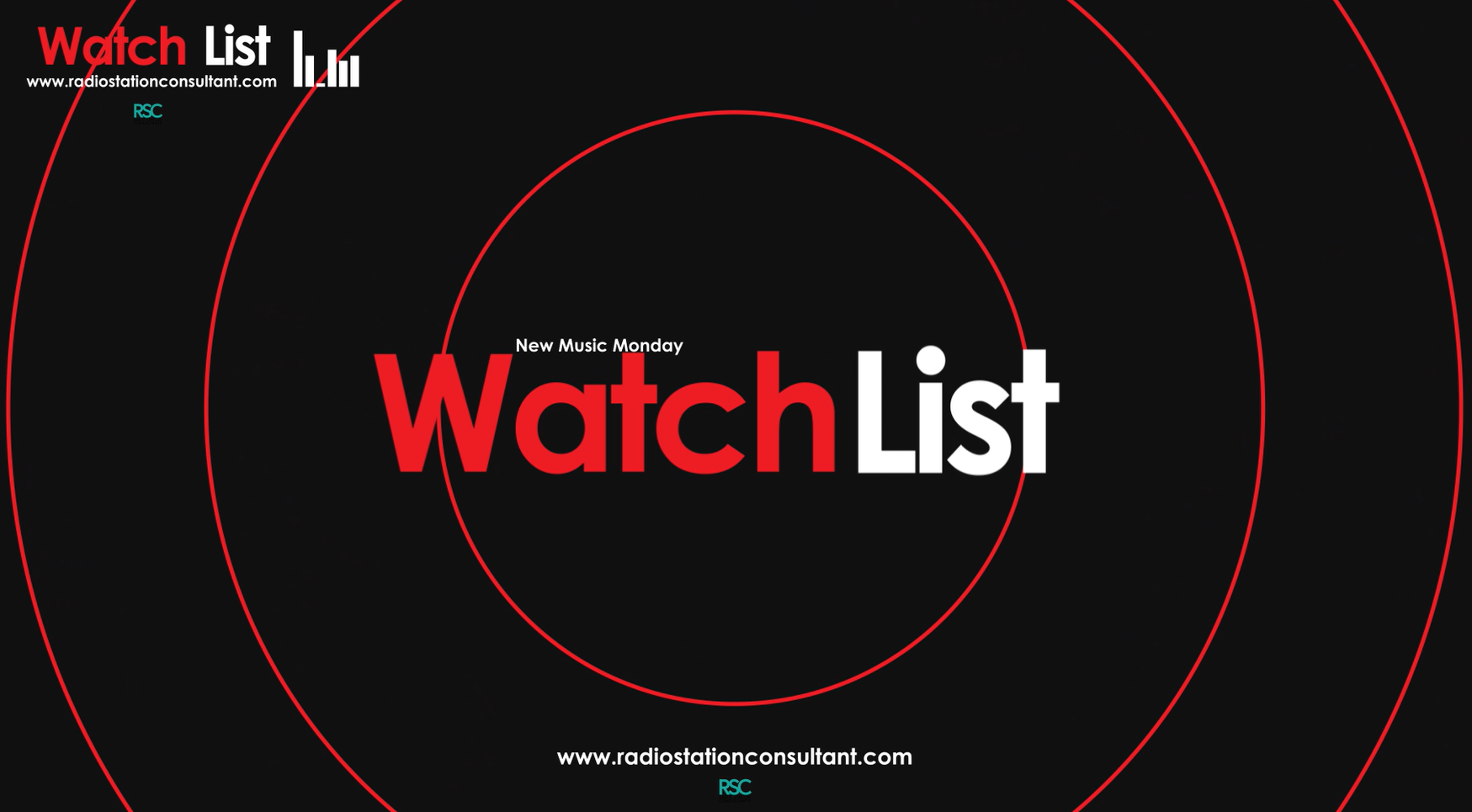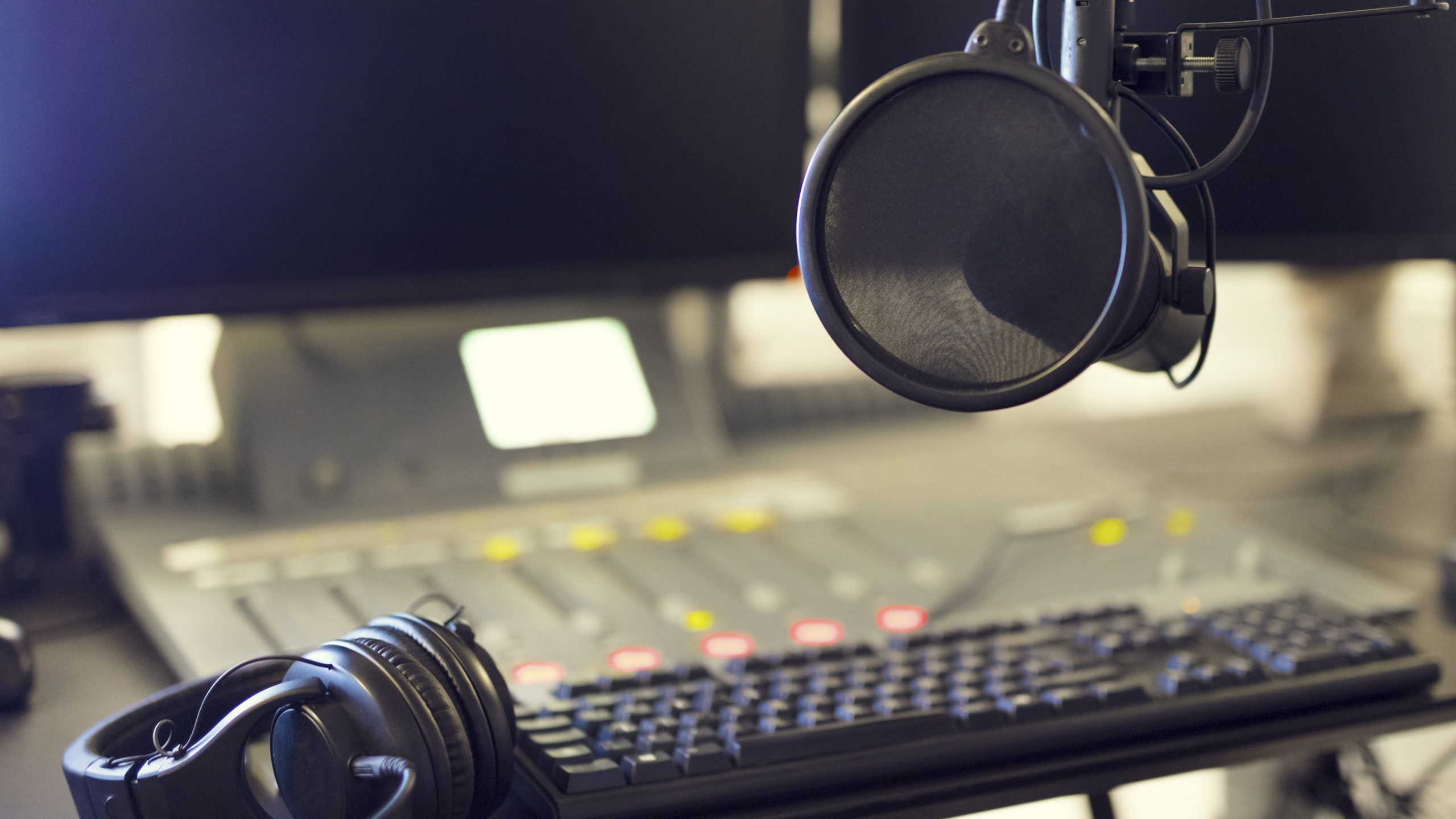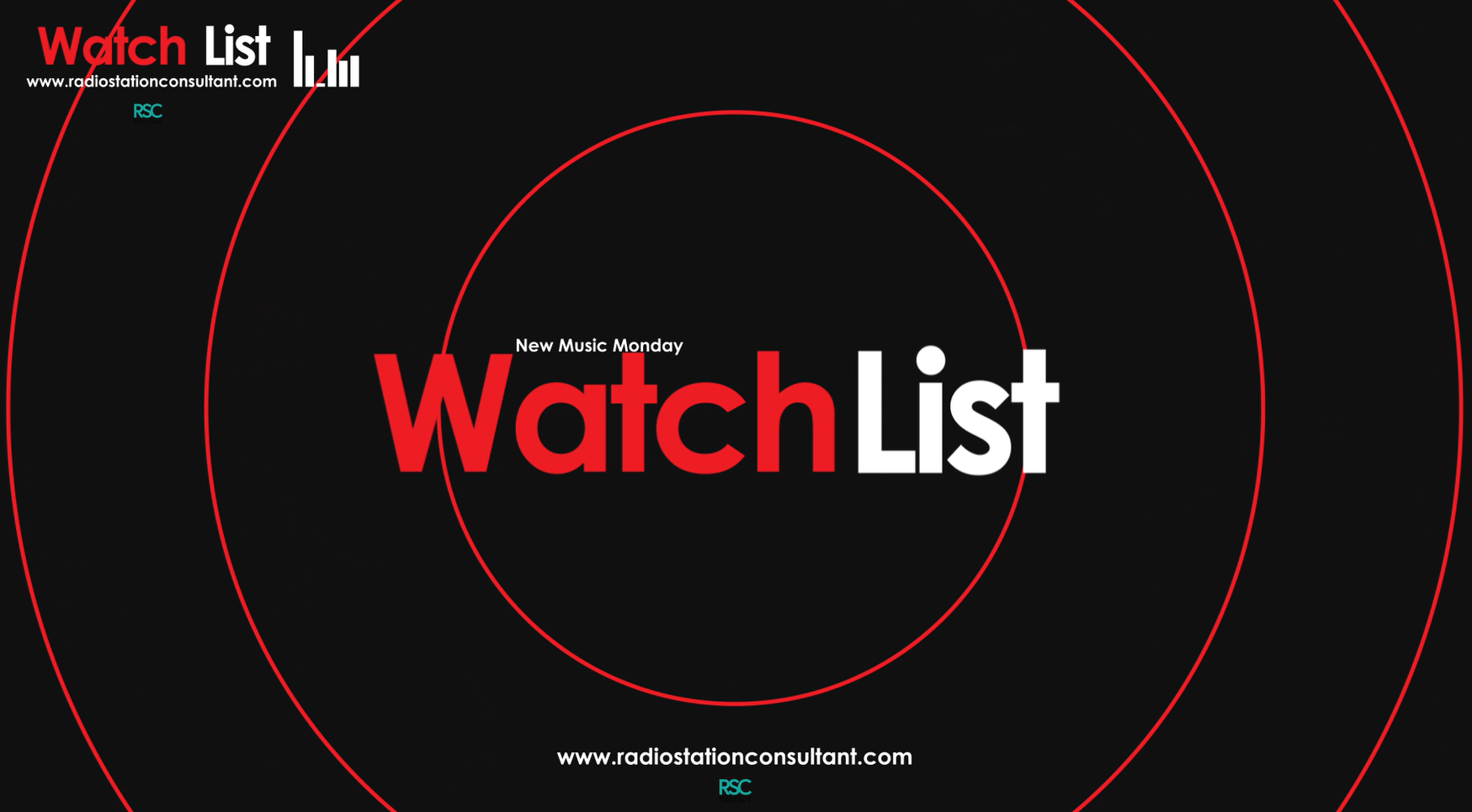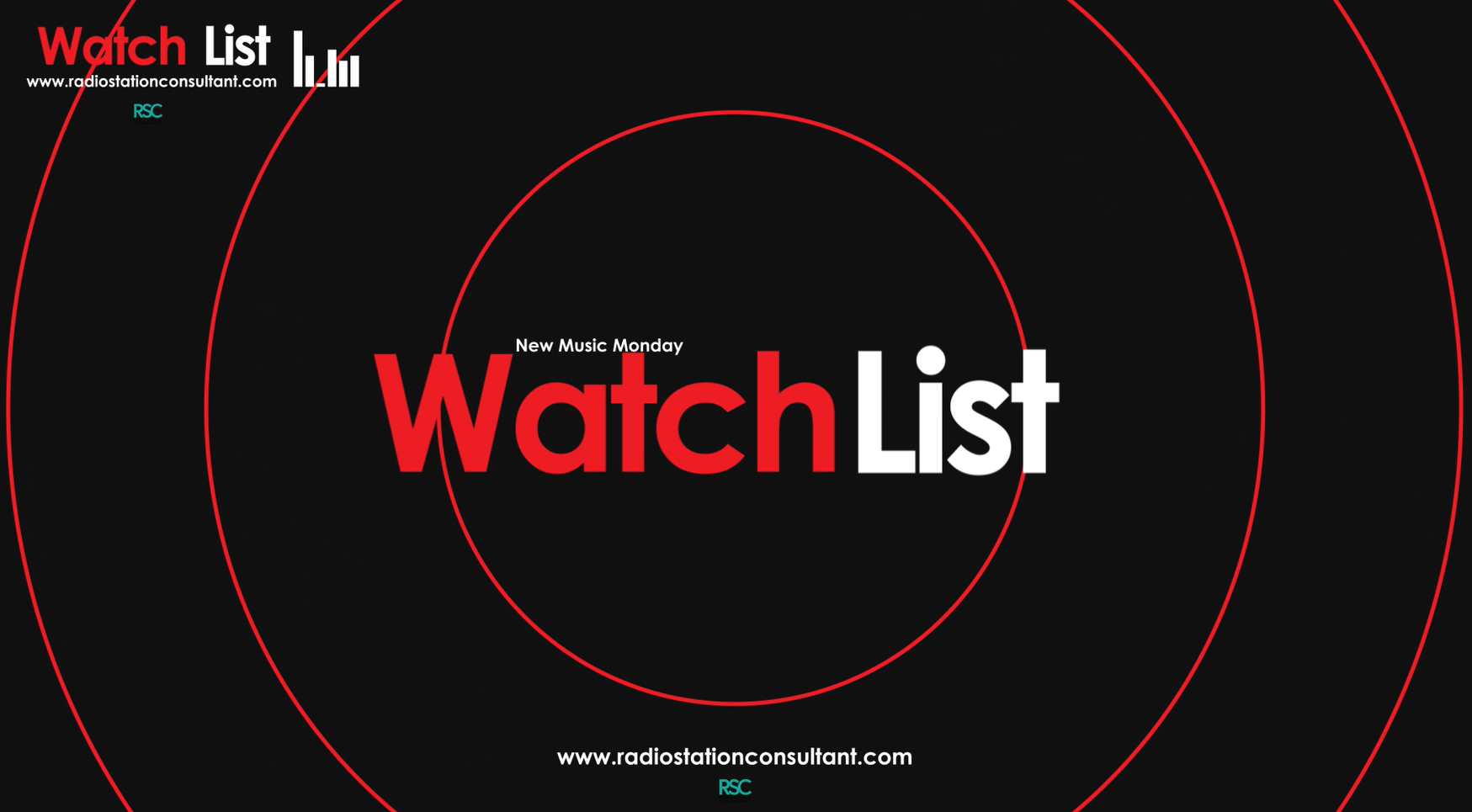The station was about to launch a syndicated morning show. The program director called to ask an odd question. He actually asked whether he should promote the show. Should we promote the show? Really? You had to ask? I gave the PD the benefit of the doubt. Perhaps he meant to ask how to promote the show or when to promote the show or what to promote. But he clarified. The question was if it was a good idea to introduce listeners to a new morning show.
Let’s see. There’s a talk show with a cast of personalities that’s brand new to the audience. The previous show is gone, and they played 8-10 songs per hour. It’s probably a good idea to find a way to sell it to the audience because existing listeners are in for a rude awakening.
But that got me thinking about other stations and whether (or not) they should promote. Taken literally, it’s a silly question. Other businesses know the value of marketing and promotion:
- Movie Theaters: Should we tell people what time the movie starts? Yes, we should. Good idea.
- TV Shows: Won’t people figure out what service the new show is on and what it’s about?
- Books: Why don’t we wait for folks to discover that a new Nelson DeMille book has been released?
- Concerts: Taylor Swift will show up and perform at the arena. Everyone will figure it out and buy tickets, right?
- Cars: There’s a car sale this weekend, but since the prices are so good, do we need to advertise?
- Restaurants: We’re open and there’s a sign outside. Customers will show up, right?
We understand the importance of promotion when it comes to our radio brands. An alarming number of broadcasters expect listeners to figure it out because we have a loudspeaker advertisers pay for. But that’s because your station provides a means to reach an audience they can’t on their own. Isn’t the same true for your station?
Yes, it’s important to promote the show.
How To Promote The Show
Some radio shows are more promotable than others, but every show should be promoted. If it’s not worth promoting, you have another problem! It may make sense to only promote it on your own station. In the early stages of growth, it is promoted mostly with on-air real estate. Here are some considerations:
When To Promote: Don’t assume those tuned in are familiar with the personalities, even though they listen while the show is on the air. A large percentage of those tuned in are not fans. They’re accidental or coincidental listeners. Reinforce brand values, listener benefits, and character traits with imaging and promos during the show.
Then, develop a campaign to convert non-morning listeners. Every programmer should track the percentage of the station cume that listens to the morning show. Check it out. You’ll probably be shocked at the low rate of station listeners who never turn on the station in the morning. Those who already listen to the station are prime candidates to turn on the morning show, but you have to make it important. Promote it!
When that’s in place, focus on building your audience by leading potential listeners to audio and video on demand.
Website: Make it easy to find morning show content on the website. Start with a website audit and ensure content is highly visible. Update audio and video daily as part of the strategy to increase awareness.
Pro tip: Buy a “vanity” domain for the show. This sounds big and is easy to promote. If you don’t want to manage a new website, redirect the URL to the morning show page on the station website.
Then, develop a social media strategy to lead the audience to listen live and online. This should happen on the station’s social channels, but personalities should also have their own social presence. Trying to find show content on a station’s social feed is nearly impossible. And frustrating.
Final Thoughts
All of those tips are essentially free. They just take time and some resources. The next phase, of course, is mass-appeal marketing and promotion, which is another matter. When a show is hitting on all cylinders, start promoting the show on other stations in your cluster. Seriously! Every listener tunes into multiple stations. Why wouldn’t you want them tuning into one of yours when they look for another option? After that, consider mass marketing with paid ads on social media, television, and other traditional media channels.
The main point is that radio stations need to think bigger and promote their unique benefits (personalities) more aggressively. It’s a good idea to promote the most high-profile programming on the station. That seems obvious, but in the daily grind of keeping multiple stations on the air, it’s often overlooked.
Should we promote the show? Of course. If the show is not worthy of promotion, why is it on?
Pic designed by WayHomeStudio for Freepik.
Tracy Johnson is a talent coach and programming consultant. He’s the President/CEO of Tracy Johnson Media Group. His book Morning Radio has been described as The Bible of Personality Radio and has been used by personalities worldwide.














